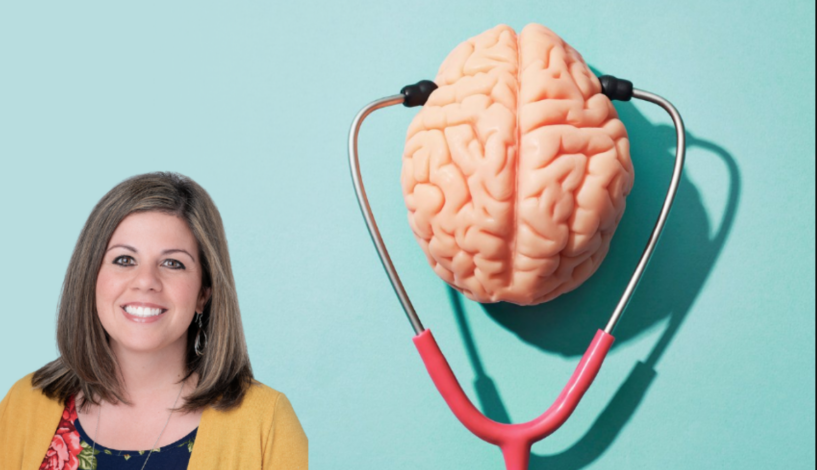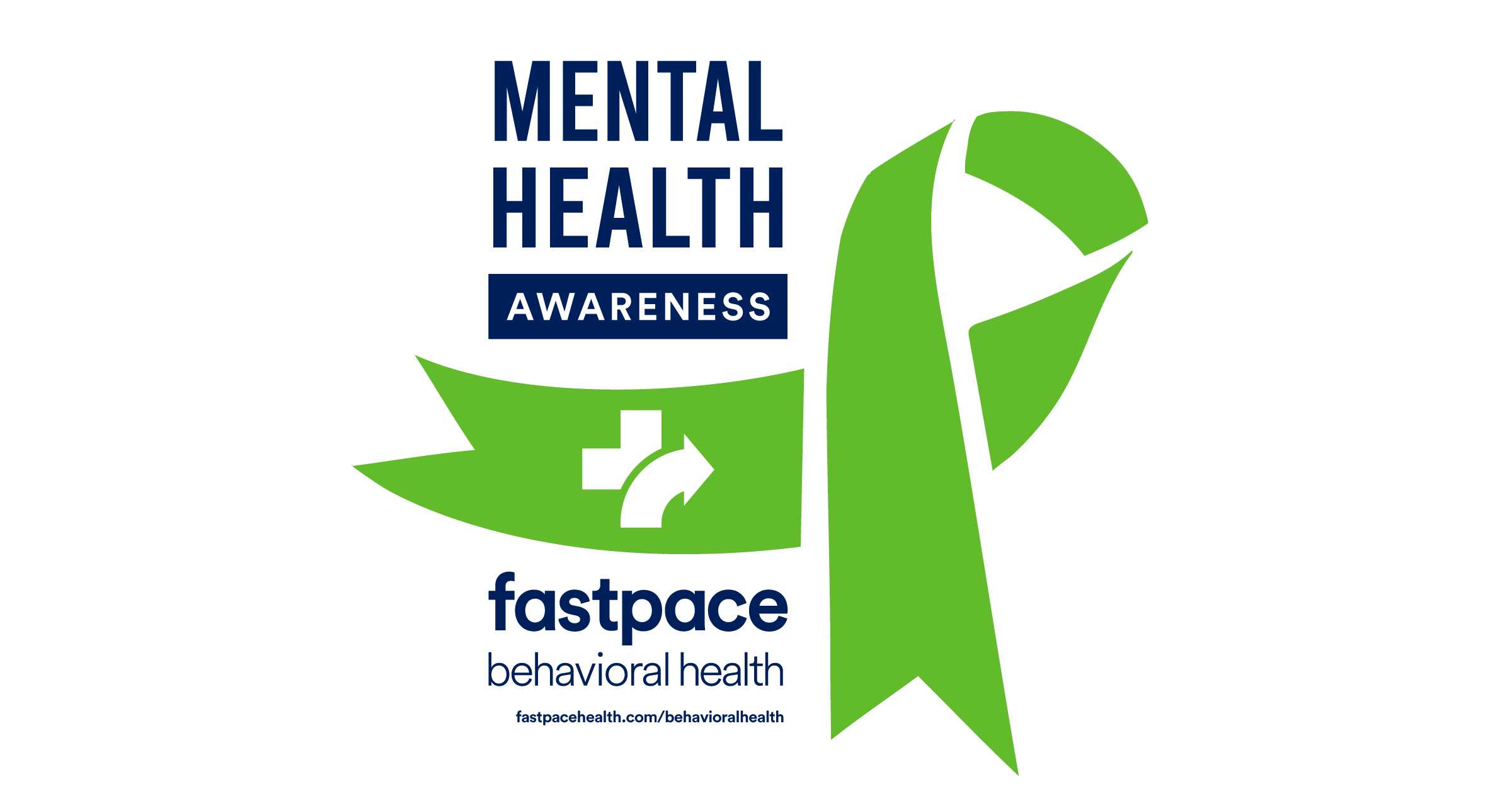
Debunking Mental Health Myths
More than 20 percent of the US population will experience mental illness in their lifetime, according to the CDC. That equates to 1 in 5 adults. However, more than half of these individuals don’t seek treatment often because of the stigma and misunderstanding around treatment.
Many of these stigmas come from common misunderstandings around mental health conditions and treatments options available. Having the facts about mental health treatment can often make it easier to seek needed treatment.
Nikita Duke, Psychiatric Mental Health Practitioner and Director of Behavioral Health at Fast Pace Health, shares and debunks six common myths surrounding mental health.
Myth: Psychiatric medicines put chemicals into your body.
Fact: Psychiatric medications don’t necessarily put chemicals into your body, Duke explains. Instead, many medications help to hold on to what you may be losing too much of or help stimulate you to produce more of the chemical needed. They work with your body like a team to help balance chemicals in your brain called neurotransmitters that affect mood, appetite, sleep, and emotions.
Myth: If I start a medication, I’ll have to take it forever.
Fact: Treatment for everyone is different; however, many people require medications only for a time period to get through their issues. Your mental health provider will work with you to create the best plan of action. Usually, after being prescribed medications, your provider will reassess your needs for continual pharmaceutical treatment after one year, Duke says. Some people may need to continue with medications, but many people will not need to. Everyone is different and the length of time, type of medication, and dosage will depend on the individual needs.
Myth: I’m taking the easy way out for my mental health by medication.
Fact: For some, there’s a stigma that mental health medications are a crutch. Duke recommends that mental health medications be viewed just like other medications for physical conditions such as blood pressure, migraines, or diabetes. Taking medication daily to improve your overall motivation, work performance, focus, and happiness does not mean you are cheating to improve your success. It means you are listening to your body and noticing symptoms in which to seek available help to treat.
Myth: I’m seeing a “shrink” if I seek out a therapist, counselor or mental health provider.
Fact: Caring for your mental health does not necessarily mean laying on a couch, looking at the ceiling and talking while someone sits across the room writing notes on paper.
Instead, Duke describes this interaction as an engaging discussion back and forth with eye contact maintained, insight presented and at times homework given between sessions. She reminds us it is not like movies or television shows. Instead, there are many types of therapy services and therapists who specialize in different strengths.
Myth: I’m “crazy” because I have a mental health diagnosis.
Fact: Having a mental health diagnosis does not mean you are crazy.
Many people have a mental health condition, but even more people deal with difficult situations in their life, which can have long-lasting effects on your emotions.
“Unexpected events and issues can cause anyone to have a mental health episode. It may mean you just have a harder time than others.” Dukes says. “We all cope differently.”
Often, Duke says, we place unrealistic expectations or have ideals on the “perfect” experience in life, or always maintaining a happy composure. For example, some women have the idea of a “perfect” experience during pregnancy, birth, and motherhood but many events such as the COVID-19 pandemic this last year can change those plans. Motherhood isn’t easy or glamorous, and postpartum depression occurs for many mothers, Duke says.
Myth: I don’t need help now. I can just wait until later to seek help.
Fact: Waiting more time doesn’t always mean a mental health concern will correct itself.
Duke suggests asking yourself some questions. For example, can you wait? And how long do you wait? Sometimes it can be harmful to your mental health to wait and conditions can exacerbate. Just like you wouldn’t want to wait to see a doctor if you broke your ankle or having chest pain, you might not want to wait to see a mental health provider.
Your mental health is essential and the resources and care are available to help you improve, maintain and support this part of you.
Are you ready to now talk further about how you can better care for your mental health? Our behavior health services team is here for you. You can start a conversation by visiting our website, or visiting one of our locations.
–
This article originally ran Oct. 2021
Related Resources


